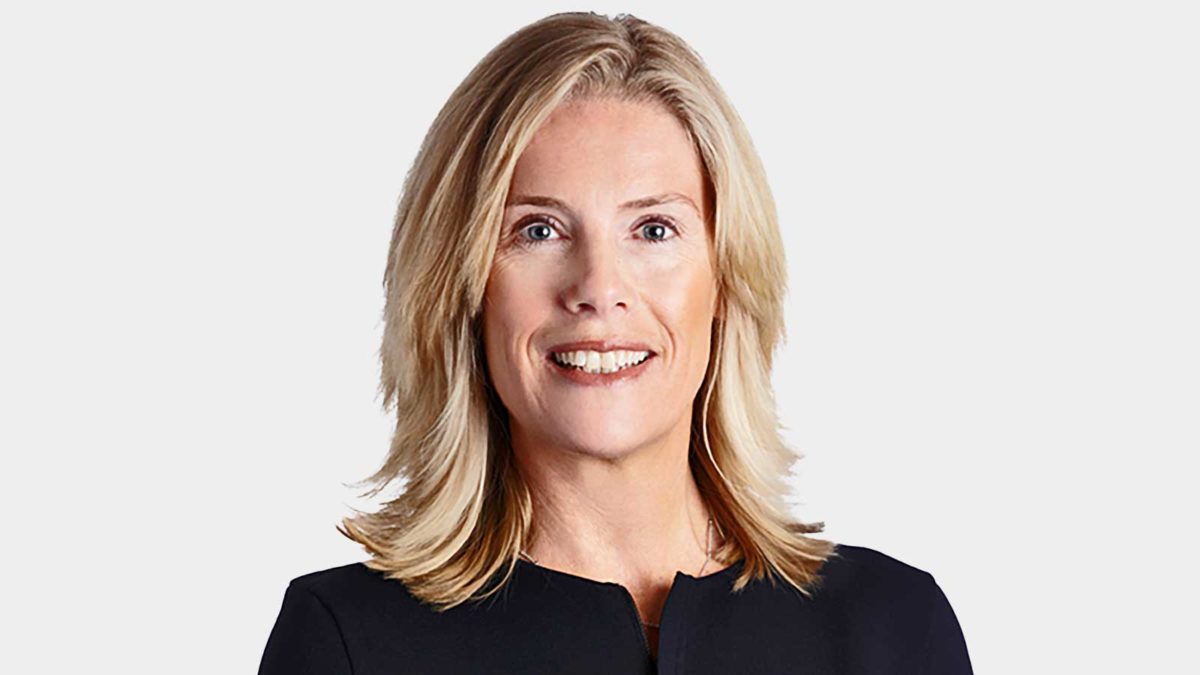‘Not a colossal train wreck’, but bubble warnings abound
As investors speculate on whether the bubble will pop or already has, there’s fewer and fewer safe havens to be found. But it’s worth remembering that it’s not necessarily the end of the world.
Yes, the bubble is going to pop, has popped, or is popping. Investors are either about to feel the pain or have already felt it and now believe that the worst is over when it hasn’t even begun. Such is the contradictory and confusing nature of a discussion about market bubbles. But one thing that’s often forgotten in that hysteria-laden discussion is that the end of a bubble is not necessarily the end of the world, or even an event on the level of the ’87 Crash or the Asian Crisis.
“This might not be a crisis; this could just be a bear market. You’ve got to remember what April 2000 through to about 2003 was like: it was just a grinding, slow, boring, awful bear market,” Julian McCormack, investment specialist at Platinum, told a Morningstar conference on Thursday (February 3). “That’s entirely possible. It might not be some colossal train wreck: it might just be pretty gloomy for a while.”
The session, titled “A Bubble About to Burst or a Bull Market with Further to Run?” decisively answered its own question. Very few believe that there’s much vitality left in this bull market, though it has climbed intermittently throughout the last week. But regardless of whether we’re about to see a real crisis or just another bear market, Platinum wants risk – “none of this stuff where people are hiding” – expensive, defensive, high-quality, low-volatility. There’ll be a time for that, “but it ain’t when interest rates are at 5000 year lows.”
“These tech names everybody owns because they’re so beautiful – that’s great,” McCormack said. “Microsoft was a beautiful business in 07 and a beautiful business in 2000. We’ve owned it on and off for 20 years, but we don’t want any of that stuff.”
“We want stuff that feels risky. When people tell us China’s falling apart – give us heaps of it, because it’s about less than two thirds of its value fifteen years ago. You should’ve been worried about it fifteen years ago. More cyclicality, more EM, that’s what we want to own.”
Katie Hudson, head of Australian equities research at Yarra Capital, believes a pullback is underway but that a crash is unlikely. The real danger arrives in the form of geopolitics, one of those tricky risks that a lot of fund managers have difficulty understanding. Perhaps they don’t get why somebody would want to launch a bloody invasion when there’s no short-term variable remuneration involved.
“That’s an area where we think the market is potentially underappreciating the risks. China into Taiwan, Russia into Ukraine, even Israel into Iran. It’s all geopolitical risk that we need to be alive to and which could precipitate a more meaningful crash,” Hudson told the same session.
“What we think is more likely though is that the pullback is going to be ongoing… It’s going to be a more complex and different interest rate cycle than we’ve had previously. If we look back over the last seven or eight interest rate rising cycles since the ’70s, they’ve largely been about global growth being strong. This one is different in that financial markets are in a really tight corner.”
Commodities and value stocks have been strong – the usual playbook – but Hudson is keeping a close eye on global growth, which now shows early signs of slowing after 2020s stimulus binge. It’s particularly pertinent for a country with primary industries geared so highly towards China.
“If you have an environment where global growth is slowing and you’ve got interest rates going up because of inflation, do you necessarily want to own commodity stocks, do you necessarily want to own value and cyclical stocks?” Hudson said.











